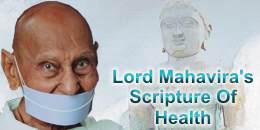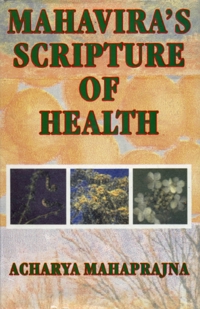
The Acharyas have mentioned four kinds of pain:
- natural pain,
- physical pain,
- mental pain,
- sudden pain.
The pain on account of an accident is sudden pain. Some one hit you with a stone, and you received an injury. That is a sudden pain. It has no relation either with the body or the mind. There is a natural pain, like the pain resulting from hunger and thirst. There is a Sanskrit phrase kshujjatharagnija pida "which refers to the pain due to digestion is hunger".
Diseases of the body cause physical pain. The pain caused by a sudden shock is mental pain. When a person suffers a sudden shock, he suffers mental pain. The fifth kind of pain can be emotional pain, which has nothing at all to do with the mind.
Usually, it is a rule and is also a belief that the brain controls our whole body. But then the question is: what controls the brain? It is said that the brain is controlled by the mind. But this does not appear to be the case. The mind cannot control the brain. What controls the mind? It is said the emotions control the mind. However, the emotions have a close relation with the brain, with the hypothalamus. The hypothalamus is very sensitive. It gives rise to the emotions. As a matter of fact, the mind has no control over the brain and emotion has also no control. From the non-absolutism point of view, it can be concluded that the brain is controlled by the chitta. On this very basis, the term psychosomatic manokayika illness i.e. disease related with mind and body, came into vogue. Actually, it is not the relation between the mind and the body, but between the chitta and the body. The chitta exercises the greatest controlling power in our body. The chitta controls |he brain and the brain controls the mind, the emotions, the body and every activity of the body.
 Acharya Mahaprajna
Acharya Mahaprajna

